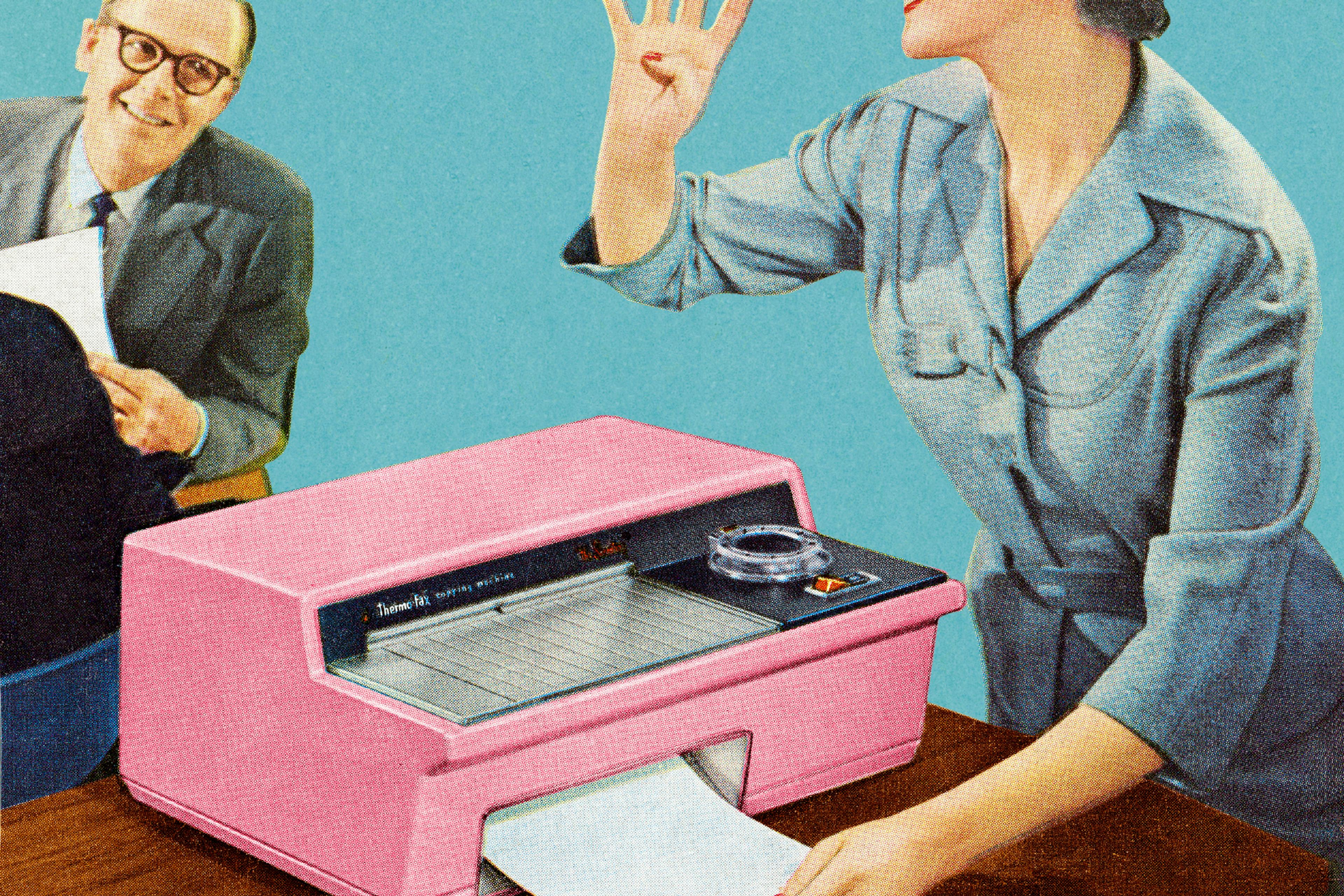Study: Microsoft good, Meta bad for work-life balance
A study examined years of comments from workers at big tech companies to discover where people are unhappiest.
Between pivots to AI, layoffs, and attempted returns to the office, the landscape of tech employment has been changing rapidly. To get a picture of what it’s like to work at tech companies these days, tech bootcamp provider Fullstack Academy looked at the last two years of comments for 100 prominent tech companies on Glassdoor. The company then determined what portion mentioned keywords related to work-life balance — stress, burnout, long hours, terms related to return to office (RTO) — in the “cons” section of their reviews.
They found that tech companies varied widely in how their employees rated their work-life balance, but some were much better than others. ByteDance topped the worst-rated side by far, but companies including Stripe, Palantir, and Meta all fared poorly. NVIDIA and Apple did poorly but weren’t awful.
Cisco, Spotify, Dropbox, and Adobe were among the best, all earning a “very good” rating for work-life balance. Microsoft did pretty well, just missing the cutoff for very good but at the top of the “good” list.
A high rate of disgruntled employees is bad for business, Fullstack CMO Mark Moran told Sherwood. “You're going to get lower performance, you're going to get turnover — it ripples through every aspect of your business,” he said.
Even if companies are cutting back, poor reviews could hurt them when they try to grow again since it also hurts recruitment.
A lot of the negative sentiment Moran thinks is around return to office, layoffs, and a mismatch between what employers advertised and what employees got.
You can sort how different tech companies ranked here:
